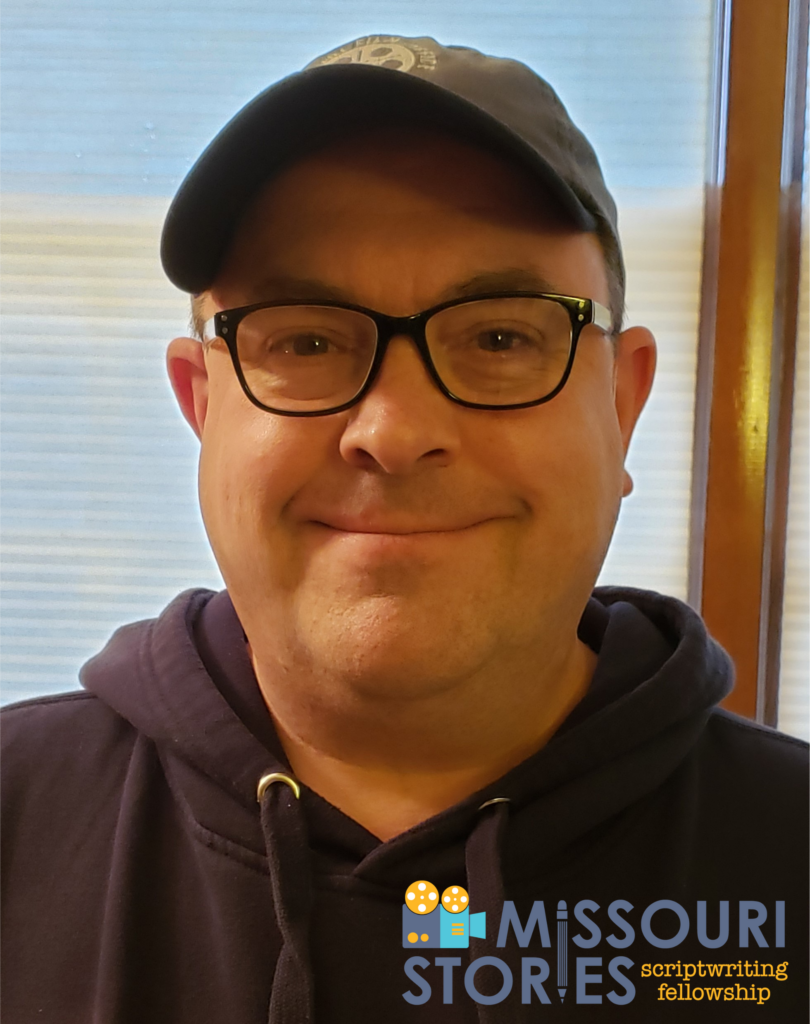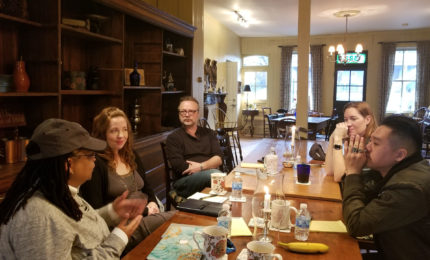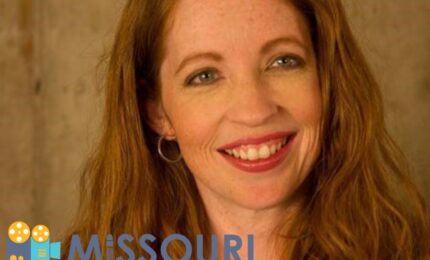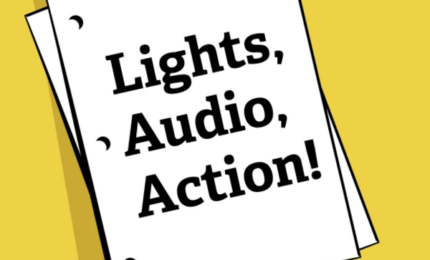Missouri Stories Spotlight with Jeffrey Field
By Grace Smith | October 25, 2023
Jeffrey Field is the most prolific of the Missouri Stories alums, as three of his scripts were selected as winners at different times. His first winning script was the 2015 winner, No Man’s Land, co-written with Michelle Davidson, which is set in a future where males are rare and mature into monsters, and plucky teenager begins a secret romance with a boy on the verge of his transformation. In 2018, he submitted two scripts, Undelivered, which told the story of when a letter carrier’s sudden death which leads to the discovery of a mountain of stolen, undelivered mail, shaking up the lives of people living in a struggling Missouri small town, and Don’t Go There which follows a housebound senior’s struggle to stay alive when a mass murderer takes refuge in her home on the coldest night in 84 years. The scripts, which are all read blind, were the first and second highest scoring scripts of the year.

Where do you get inspiration for your work?
JF: All over the place! Sometimes news stories will inspire an idea about a character or relationship between characters that has nothing to do with the original news story. Occasionally, I’ll take two very different random movies that I love and try to imagine what a mashup of those movies might look like. Sometimes I’ll meet real-life people with characteristics that might translate to a character in one of my stories. One of my current works in progress was inspired by a quote in the last paragraph of a long news article about a family and the son they lost. Inspiration is everywhere if you keep your eyes open.
Tell us about a screenwriter who inspires you and why.
JF: Rather than cite a specific writer – people you don’t personally know too often turn out to be problematic — I’ll cite a few traits that I admire about a few writers’ work. Michael Arndt has an exceptional understanding of story structure and what makes a story emotionally satisfying. Brian Duffield manages to get right into his story on page one and find creative ways to make his pages visually interesting. Greta Gerwig’s scripts feel alive and vibrant. Craig Mazin’s recent TV work has shown depth and power that his feature comedies never hinted at. Dee Rees’ work always feels textured, rich and authentic. Ed Solomon has been a thoughtful presence who has been open and helpful about his process. Charlie Kaufman takes some of the wildest ideas and actually manages to execute them. I wish I had Sorkin or Tarantino’s handle on writing dialogue. And I’m in awe of the rooms that put together The Leftovers, Breaking Bad, Better Call Saul and Succession. I’m leaving so many people out, but if I don’t stop somewhere, we’ll be here all day.
Tell us about your writing process.
JF: When I get an idea that I’m serious about, I brainstorm in a notebook and usually create a playlist to have on in the background while I do it. I generally try to outline — and struggle with the temptation to stop that outline halfway through and just dive right into the script itself. If writing a first draft, most of the time I’ll scribble out notes on paper before typing it into the screenwriting software because my mind flows freer away from the keyboard. I give myself permission to write garbage first drafts so I can get to revision stage as quickly as possible. I love, love, love marking up drafts and revising a script because that’s where I feel the magic really happens. I usually go through a handful of drafts before I let anyone see it.
How do you connect with other writers?
JF: Social media has been a pretty good way for me to meet and interact with people, and I’ve made a few long-term friends via Twitter or whatever Elon Musk is calling it these days. I’ve also met people at conferences and film festivals who I still reach out to for feedback years later.
How has being a Missouri Stories Fellow affected you?
JF: Missouri Stories provides great opportunities and connections, opening some doors and helping make possible experiences through the Production Lab alone that wouldn’t have happened otherwise. Producing our short script Boymom [based on No Man’s Land] in Kansas City in October 2021 was an amazing experience, as was having my feature script Don’t Go There performed via St. Louis Public Radio’s “Lights, Audio, Action!” series. But probably the biggest change is that it’s inspired me to look for Missouri settings and stories. I’ve wound up setting several recent screenplays in specific Missouri locations rather than more generic settings because, well, why not?
What are you up to now?
JF: Finishing up a page-one rewrite on a family feature, incorporating recent notes on a long-gestating dramedy project, working to get a new short ready for production, trying to find time to re-write a script whose initial draft never quite worked, as well as brainstorming for two other features for which I have self-imposed deadlines early next year. (Every one of these projects has a Missouri connection!) Of course, if a brilliant new idea emerges in this process, I’ll add it to the list. I’m in a phase where I’m juggling a lot of projects and struggling to find enough hours in the day to get it all done.



